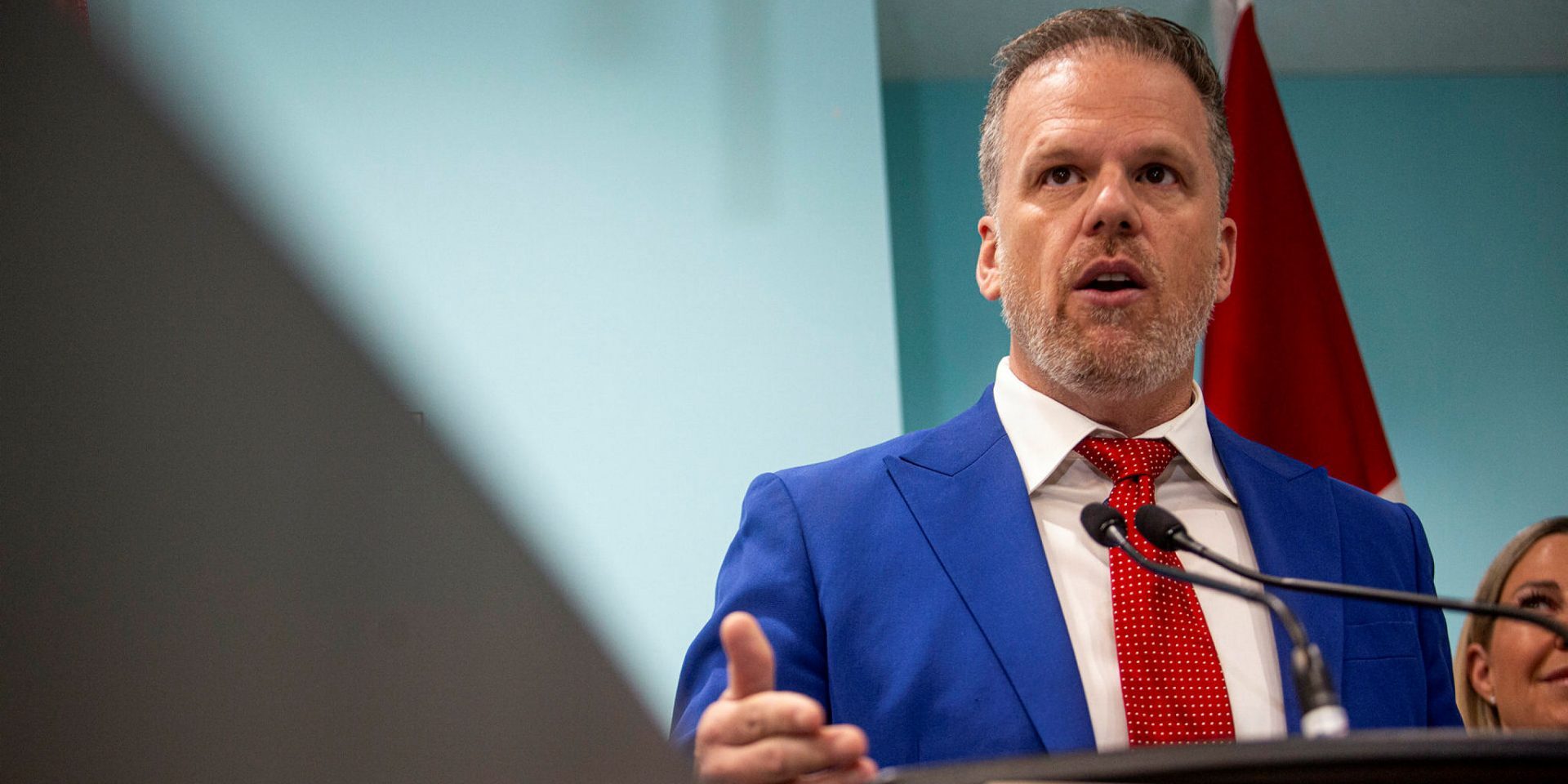Wake up, Canada: there’s no health or wealth without proper funding of health research

Canada’s funding of health research—primarily through the Canadian Institutes of Health Research—has been declining rapidly in comparison to key G7 competitors. The stark statistics reveal Canada as the only G7 country that has reduced its spending as a percentage of GDP.
For health research, Canada’s spending for the Canadian Institutes of Health Research (CIHR) is fivefold less per capita than the United States National Institutes of Health (NIH) despite Budget 2024 announcing increases in the future. Most of the proposed increases are targeted for specific programs with less money for investigator-initiated discovery research.
Canada will be unable to retain its already threatened cadre of outstanding health researchers if this trend continues. The results of the last CIHR competition for support of investigator-driven discovery research signal strongly that without substantial new investments in health research funding, Canada will not only drop out of the international race for improving health and creating wealth, but our best and brightest will also leave to do their work in those countries that have demonstrated that they value them and what they create.
In this recent competition, 2,070 of the 2,443 submitted applications were not awarded any research support. For the Maritimes, the results were a disaster. The success rate for applicants from Nova Scotia, and Newfoundland and Labrador was zero per cent; the success rate for New Brunswick was 0.3 per cent; while Prince Edward Island had no applicants. Elsewhere in Canada, the results were marginally better with 1.3 per ent success for Saskatchewan applicants, and 2.6 per cent for Manitoba.

The overall level of success across Canada was a mere 15 per cent, and that paltry number was only achieved by implementing an across-the-board reduction of 23.5 per cent to the budgets of successfully funded applications to liberate funds for an additional number of highly ranked projects. This means that even for successfully funded projects, the researchers will need to choose between providing support for the up-and-coming cadre of young researchers, or purchasing equipment desperately needed to do the work necessary.
This is not a choice that our best and brightest health researchers should be forced to make.
This dismal record is not because health researchers did not submit worthy grant proposals—rather, it is because the pool of funds available to support these proposals is so small that the majority of high quality and fundable proposals are not funded.
For comparative purposes, and as noted above, in the U.S., the NIH provides health research funding that is five times greater per capita than CIHR does in Canada. Unbelievably, Canada provides significantly more money annually in subsidies for the fossil fuel industry than it provides to the CIHR to conduct the research that underpins the current and future health and wealth of Canadians.
While we are grateful for and heartened by the long-overdue increase of stipends for trainees in the last budget, these young researchers will not be in a position to carry out their work if the settings in which they work are bereft of grant support. The chronic underfunding of CIHR crushes our international competitiveness, and forces our young researchers to seek their futures outside of Canada. The hope of a modest budgetary increase for CIHR promised for 2024-25 will not help our international competitiveness. What will talented health researchers in the Maritimes, Saskatchewan, and Manitoba, or any Canadian investigators unable to access funding for investigator-initiated research to address health and disease do? Countries that are putting up the funds are in heavy recruitment mode, and are reaching out to our expert researchers. Unless Canada steps up to properly fund CIHR, the brain drain that is already underway will only get worse.
We are aware that the federal government is engaged in a consultation process regarding the governance of research in Canada. However, regardless of the governance model chosen, unless adequate funding is made available to properly support investigator-driven discovery health research in the next budget, there will be no turning this ship around. Rearranging the deck chairs on the Titanic is not a strategy for success.
We are running out of time.
Funding for investigator-driven health research is the water that is necessary to produce the fruits of health and wealth for Canadians. Successful crops require water, and deserts do not bloom.
Dr. Abraham Fuks is a professor of medicine at McGill University. John Bergeron is the emeritus Robert Redford professor, and a professor of medicine at McGill University. Dr. Stanley Kutcher is an Independent Senator for Nova Scotia.
The Hill Times





 LICENSING
LICENSING PODCAST
PODCAST ALERTS
ALERTS


